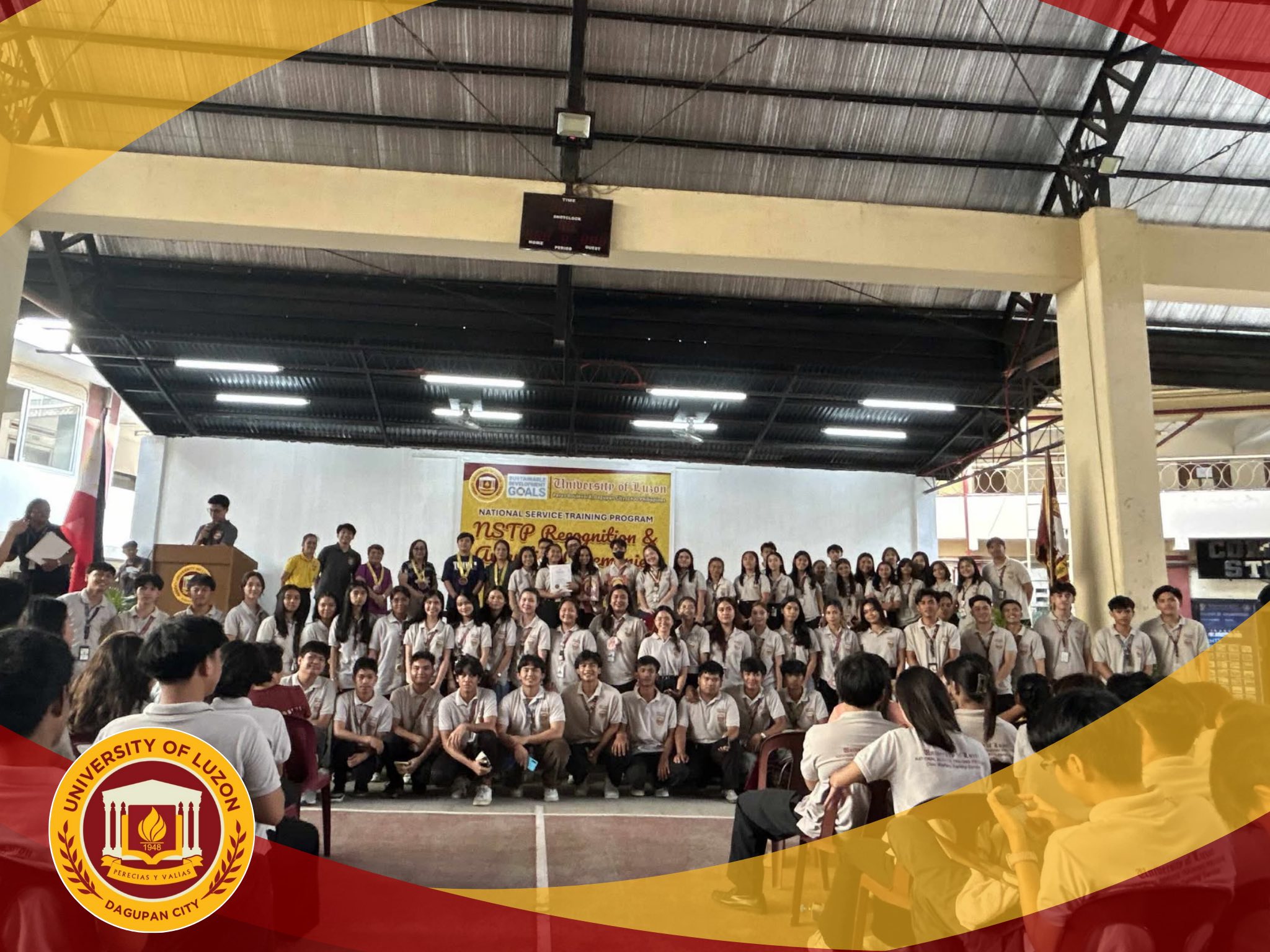University of Luzon Commends NSTP Graduates of 2025
Posted on 17th of May 2025 by UL AdministratorOn May 17, 2025, the University of Luzon celebrated the graduation of its National Service Training Program (NSTP) Class of 2025. This significant event honored the dedication, compassion, and community-oriented spirit of Luzonians who successfully completed the program.
The NSTP, an integral part of the university’s curriculum, aims to foster civic consciousness and defense preparedness among students by developing their physical, moral, spiritual, intellectual, and social well-being. The program emphasizes the role of youth in nation-building and community development.
During the ceremony, the university highlighted the graduates’ commitment to service, echoing the sentiment of Albert Schweitzer: “The purpose of human life is to serve, and to show compassion and the will to help others.” The graduates were recognized not merely for fulfilling a program requirement, but for their transformative journey into empowered individuals with a profound sense of duty to others.
Through various projects and initiatives, the NSTP graduates have demonstrated that meaningful change stems from empathy and a willingness to act. Their efforts have made a lasting impact on numerous communities, providing hope, uplifting voices, and empowering the underserved. This commitment to servant leadership, by assisting those who cannot speak for themselves and giving hope to the disenfranchised, was lauded as the true essence of their participation in the program.
The University of Luzon encourages these graduates to continue embodying these values as they embark on new chapters in their lives. They are called upon to remain advocates for the vulnerable, defenders of the unseen, and believers in the power of collective action, allowing their journey of service to evolve into a lifelong mission.
The impactful contributions of the NSTP graduates directly align with several United Nations Sustainable Development Goals (SDGs). Their work in empowering communities and uplifting marginalized groups contributes to SDG 1: No Poverty and SDG 10: Reduced Inequalities. By providing assistance and fostering hope, they contribute to improving the well-being of individuals, aligning with SDG 3: Good Health and Well-being. Furthermore, their development of civic consciousness and community engagement supports SDG 16: Peace, Justice, and Strong Institutions by promoting inclusive and participatory societies, and SDG 17: Partnerships for the Goals through collaborative community projects.






